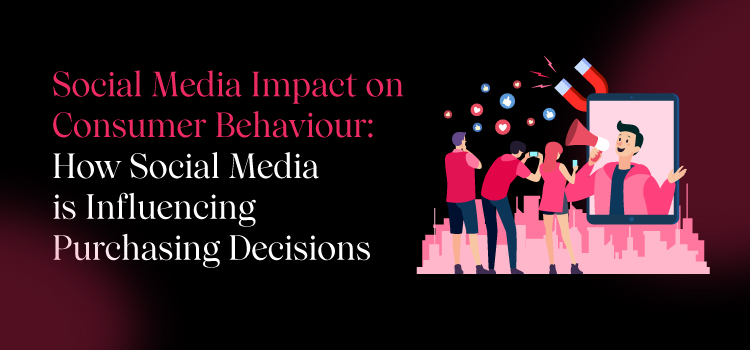In today’s digital era, it comes as no surprise that social media has transformed the way we live and interact. From connecting with friends and family to discovering new trends and ideas, social media has become an integral part of our daily lives. But what impact does it have on consumer behavior? How does social media influence our purchasing decisions? In this blog post, we will explore the various ways social media is shaping consumer behavior.
Let’s start by understanding the term “consumer behavior.” It refers to the actions and decisions consumers make when purchasing goods or services. Traditionally, consumer behavior was influenced by factors like personal preferences, brand reputation, and word-of-mouth recommendations. However, with the rise of social media platforms like Facebook, Instagram, and Twitter, a new player has entered the arena of consumer decision-making.
One major way social media impacts consumer behavior is through the power of influence. Social media influencers have taken the marketing world by storm, using their platforms to promote products and sway consumer opinions. When a trusted influencer promotes a particular brand or product, their followers are more likely to consider purchasing it. This phenomenon, known as influence marketing, has become an effective strategy for businesses to reach their target audience and increase sales.
Take Instagram, for example. Influencers on this platform have gained millions of followers who eagerly look to them for inspiration and advice. By showcasing their favorite products or endorsing brands, these influencers have the potential to sway thousands, if not millions, of consumers with a single post. This kind of social media influence has revolutionized the way companies market their products, tapping into a new audience through popular influencers.
In addition to influencer marketing, social media platforms themselves have a direct impact on consumer behavior. Through clever algorithms and targeted advertising, social media platforms are able to show users content that aligns with their interests and preferences. This creates a highly personalized experience for consumers, making them more likely to engage with the ads and ultimately make a purchase. Moreover, social media platforms allow users to interact with brands directly, providing feedback, asking questions, and even making complaints. This level of engagement empowers consumers and gives them a sense of control over their purchasing decisions.
Furthermore, social media has created a sense of urgency and fear of missing out (FOMO) among consumers. With the constant stream of updates and limited-time offers, consumers feel the need to act quickly before they miss out on a great deal or trendy product. This fear of missing out has led to impulse purchases and increased consumer spending, further driving the impact of social media on consumer behavior.
Overall, the rise of social media marketing has transformed the way we consume information and make purchasing decisions. Social media influencers have become trusted authorities in their respective niches and have the power to sway consumer opinions. Social media platforms themselves have revolutionized the advertising landscape, providing highly personalized content and fostering direct engagement between consumers and brands. Additionally, social media has fueled a sense of urgency among consumers, leading to impulsive buying behaviors.
In conclusion, social media has had a profound impact on consumer behaviour. It has changed the way businesses market their products and influenced how consumers make purchasing decisions. Whether it’s through influence marketing on Instagram or targeted advertising on Facebook, social media plays a vital role in shaping consumer behavior. To tap into this powerful tool and leverage its impact on your business, contact us. Our team of digital marketing experts will help you navigate the world of social media and harness its potential for business growth.


